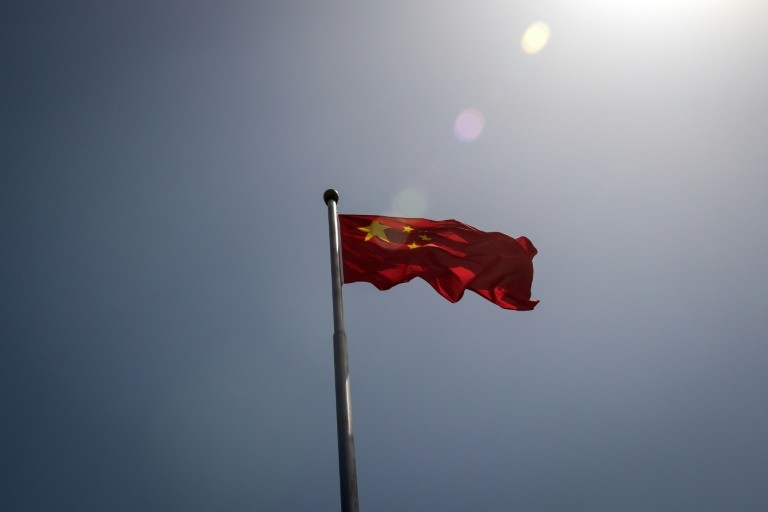
China has called on the United States and Russia to further reduce their nuclear arsenals before it considers joining potential disarmament talks proposed by President Donald Trump.
China's foreign ministry emphasized that "the two nuclear powers with the largest nuclear arsenals should conscientiously fulfill their special... responsibilities for nuclear disarmament," according to AFP. The ministry added that they "must further substantially reduce their nuclear arsenals, so as to create the necessary conditions for other nuclear-weapon states to join the disarmament process."
In a video address to the World Economic Forum in Davos last week, Trump reiterated his push for "denuclearisation" and urged trilateral discussions involving the U.S., Russia, and China. Following his remarks, Russia signaled its readiness to restart bilateral arms control negotiations with the U.S. "as soon as possible," emphasizing that "the ball is in the Americans' court."
The U.S. and Russia collectively possess nearly 90% of the world's nuclear weapons. However, relations between the two countries have soured in recent years, culminating in Moscow's withdrawal from the last remaining arms control treaty with Washington in 2023.
While Beijing claims to support disarmament in principle, it has consistently declined U.S. invitations to participate in arms control talks with Russia.
According to 2024 estimates from the Stockholm International Peace Research Institute (SIPRI), the United States holds 3,708 nuclear warheads, while Russia has 4,380, excluding retired stockpiles. China's arsenal has grown to 500 warheads, an increase of 90 from the previous year. France and the United Kingdom possess 290 and 225 warheads, respectively.
China has reiterated that its nuclear arsenal is strictly for "self-defense" and that it maintains its forces at "the minimum level required for national security."
Last year in June, Pranay Vaddi, senior director for arms control, disarmament, and non-proliferation at the National Security Council, warned that Russia, China, and North Korea were rapidly expanding their nuclear capabilities with "little or no interest in arms control."
"Absent a change in the trajectory of the adversary arsenal, we may reach a point in the coming years where an increase from current deployed numbers is required," Vaddi said at an annual forum organized by the Arms Control Association, a group advocating for nuclear weapons limits, at the time.









